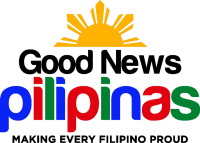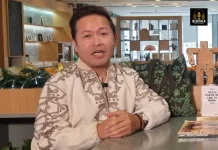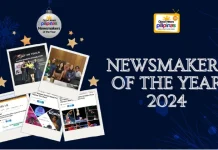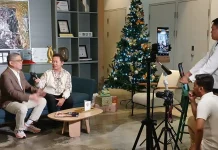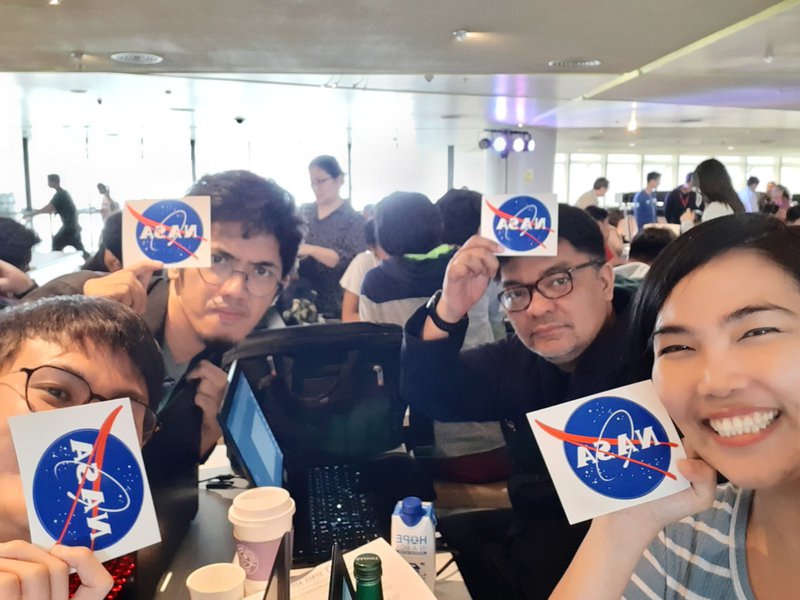
Project AEDES, a dengue case predictor mapping system developed by a multi-university Philippine team, won in the National Aeronautics and Space Administration (NASA) Space Apps Challenge global hackathon.
Project Advanced Early Detection-Prediction and Exploration Service (AEDES)
was announced in a Philippine media briefing on March 4, 2020, as having won the Best Use of Data award, one of the top six awards of the 2019 NASA global hackathon.
NASA cites Project AEDES as “The solution that best makes space data accessible, or leverages it to a unique application.”
Their proposed solution, a dengue case forecasting system, made their project stand out among over 29,000 entrees at 225 events from 71 countries that participated in the global challenge.
Project AEDES first won in the Manila leg of the NASA Space Apps Challenge in October 2019 before being sent off among 36 finalists of the global challenge hosted in the United States.
The winning project is developed by a multi-university team comprised of team leader Dominic Ligot from the University of the Philippines Diliman (UP Diliman), Statistical Models expert Claire Tayco of UP Diliman, Data Engineer Mark Toledo of Far Eastern University (FEU), and Geospatial Models expert Jansen Lopez of the University of Santo Tomas (UST).
Project AEDES Response to Public Health Concerns
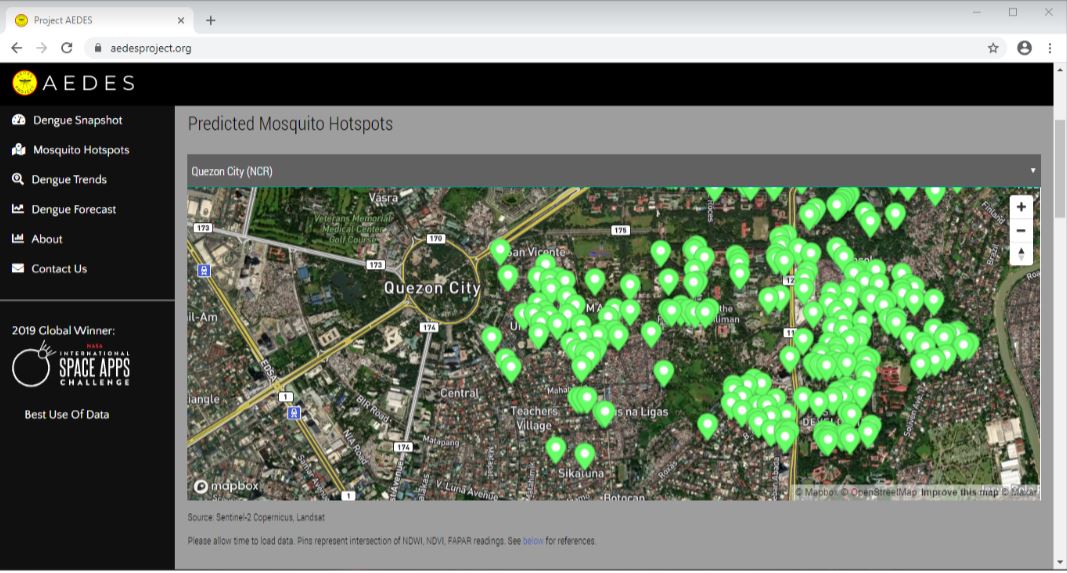
AEDES aims to improve public health response against dengue in the Philippines by predicting dengue cases.
It was challenged to develop creative solutions that use Earth observations to address the United Nations’ Sustainable Development Goals and foster sustainable development worldwide, use NASA and other Earth-observing satellites’ data, as well as information generated by crowd-sourcing and in-situ measurements to create practical applications that support environmental and societal policy across water, health, food security and/or land use domains.
Dominic Vincent D. Ligot, Mark Toledo, Frances Claire Tayco, and Jansen Dumaliang Lopez from the startup CirroLytix Research Services developed the forecasting model of dengue cases using climate and digital data, pinpointing possible hotspots from satellite data.
Their solution is an automated information portal that correlates dengue cases and deaths with real-time data from climate, google searches, and satellite maps, giving an advance indicator of when dengue will emerge and potential dengue hotspot locations. This portal is accessible publicly but is targeted towards public health and local government agencies to give them advanced notice of dengue outbreaks and help prioritize resources.
AEDES works by correlating information from Sentinel-2 Copernicus and Landsat 8 satellites, climate data from the Philippine Atmospheric, Geophysical and Astronomical Services Administration of the Department of Science and Technology (DOST-PAGASA); and other indices like Fraction of Absorbed Photosynthetic Active Radiation (FAPAR) and Normalized Difference Vegetation Index (NDVI) are used in identifying areas with green vegetation while Normalized Difference Water Index (NDWI) to identify areas with water; trends from Google search engines, potential dengue hotspots; and locating coordinates through a free and open-source cross-platform desktop geographic information system for identifying potential dengue hot spot location.
Using the satellite spectral bands like green, red, and near-infrared can identify areas with green vegetation and identify areas with water. Combining these indices reveal potential areas of stagnant water capable of being breeding grounds for mosquitoes.
Communities and countries suffering from dengue and malaria, such as the Philippines, can greatly benefit from AEDES. The team was able to show that it’s not really difficult to have all the data you need and integrate all of them and make them accessible to everyone for them to be able to use it.
Beyond the Philippines, the application is also relevant to other countries that are suffering from dengue as well as other mosquito-borne diseases such as Zika and Chikungunya (same mosquito as dengue: Aedes Aegypti) and Malaria (Anopheles Mosquito).
Taking AEDES Beyond Prototype
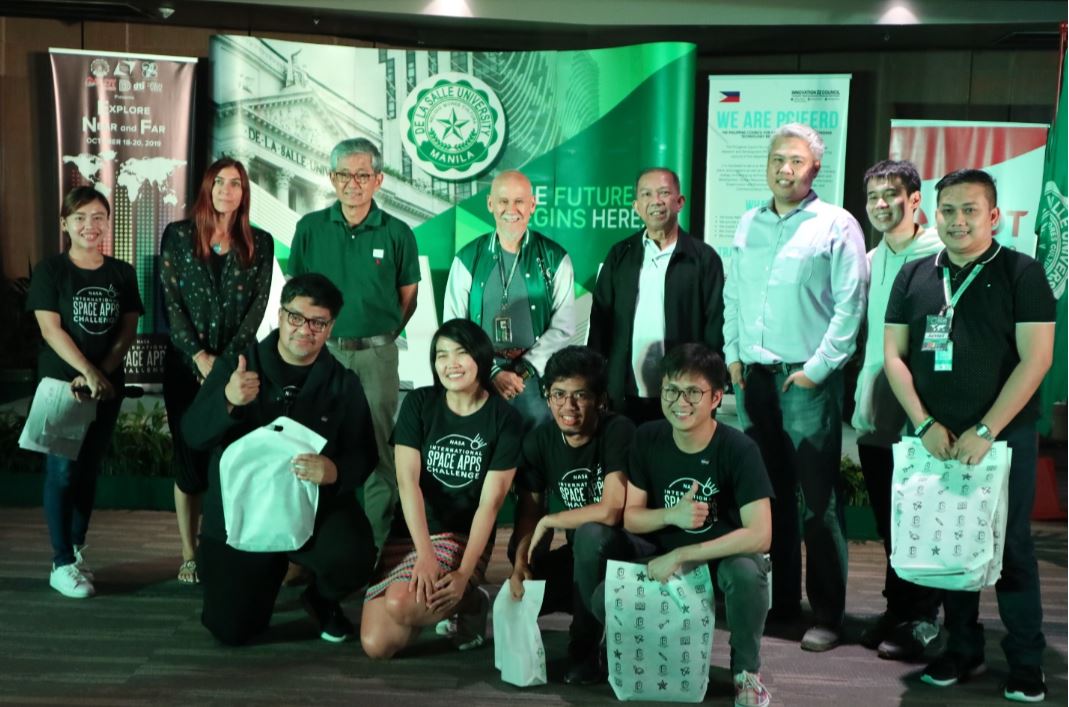
The Project AEDES team says they are committed to bringing the solution out for public use and bring it to the radar of the public health sector. They hope to get NASA’s support to help stem the existing dengue crisis.
The NASA Space Apps Challenge award is a global recognition without prize money, though there was a cash prize in the Manila leg, and goes with an invitation to go to NASA Kennedy Space Center in Florida to meet the other winners.
The Project AEDES team is now crowdfunding to raise USD25,000 as seed money to start operating, complete the data gathering and modeling, pay for tools and subscriptions to host the solution and also manage the data feeds, and to travel to NASA to meet the organizers and rally support for the project such as potential investors and connections.
At present, Project AEDES student volunteers from FTW Foundation and UA&P are helping with the prototype on a pro-bono basis. Funding, the team says, will speed up the process, especially important now since dengue continues to rage in the country.
In 2019, Filipino IT group iNON’s ISDApp won the NASA Space Apps Challenge Galactic Impact Global Award
Project AEDES Team Leader Dominic Ligot was also part of another collaborative project between UP, Ateneo, La Salle alumni trio who won the 2019 Break the Fake Grand Hackathon with their fake news sites tracer project.
SEND CONGRATULATIONS in the comments below to the team behind Project AEDES for their NASA Space Apps Challenge-winning innovation to address public health concerns against dengue in the Philippines and in the world!
Want to know how to be a Proud Pinoy? Like, Follow, Subscribe to GoodNewsPilipinas.com and our socials Facebook, Twitter, Instagram, Good News Pilipinas! TV on YouTube, for new story notifications and e-mail newsletters for updates on more Filipino Pride stories.

